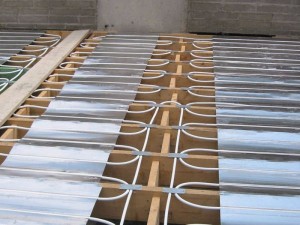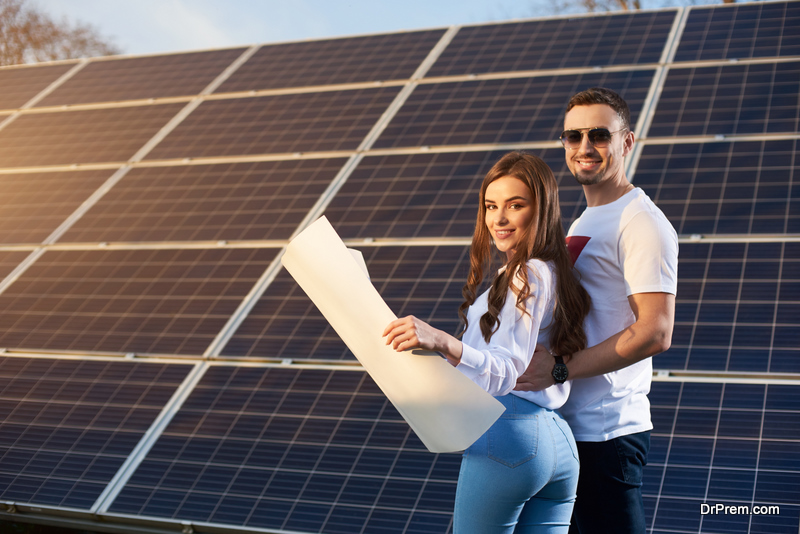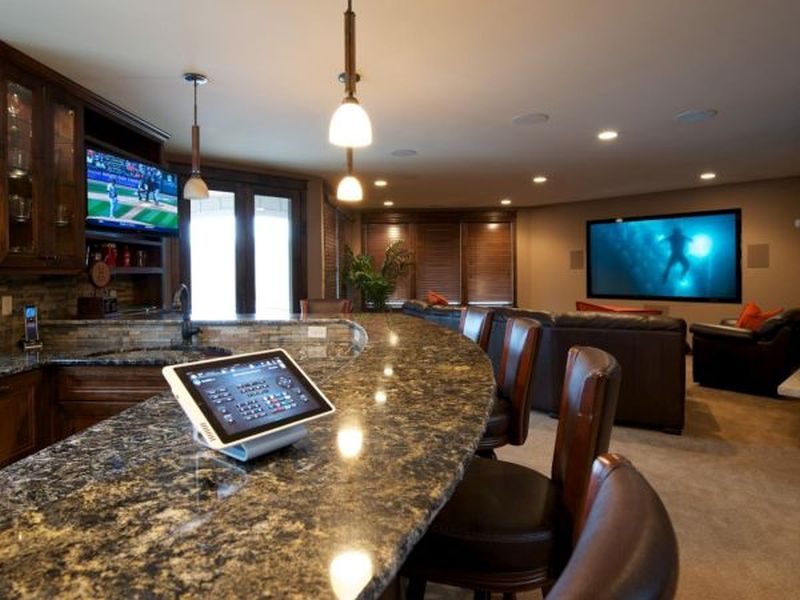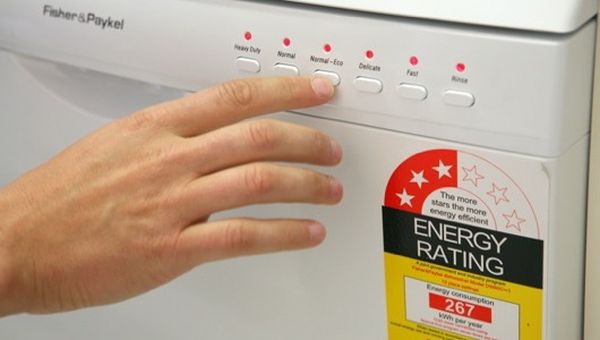Efficiency refers to the ability to do and achieve things with as little waste as possible, and greater efficiency is something everyone should strive for. It optimizes resources, saves time and money, and reduces environmental impact. It makes the world a better place for future generations, if everyone does their part.
You may not have much of a say in how eco-friendly the rest of the world is. However, you have great influence over how globally responsible your own living space is. As an added bonus, an efficient home isn’t just good for the environment, it’s also great for your bank account.
Though it costs money upfront to make your house more efficient, your efforts pay off in the long run. For example, energy-efficient heating and cooling systems can potentially save you thousands of dollars over their lifetime. When you make additional upgrades to your home to reduce its energy usage, the long-term savings really start to pile up. Here are five simple ways to upgrade your home, starting today.
1. Trade Your Furnace for a Better Heating System

The traditional heating, ventilation, and air conditioning (HVAC) system uses a lot of energy year-round. It works well to keep the interior of your home comfortable throughout all of the seasons, but it does so at a high cost. It requires a lot of power to function, which means you’re increasing your carbon footprint and paying more than you need to on energy bills.
Installing an alternative heating system can significantly reduce your energy usage and associated monthly payments. A heat pump system, for example, can reduce your monthly electricity usage by as much as 50% compared to furnaces. Other efficient HVAC options include boilers and mini-split AC systems.
2. Install a Tankless Water Heater
Have you ever considered how wasteful it is to maintain a huge tank of hot water so it’s ready whenever you happen to need it? If you’re still using a traditional water heater, consider upgrading to a tankless version. These water heaters rely on something called a heat exchanger to warm the temperature of the water as you use it. Therefore, you don’t need to worry about the inefficiency caused by keeping a 30-60 gallon tank warm at all times.
Depending on how much hot water you use each day, a tankless heater can decrease your energy usage by up to 34%. This can translate to significant savings over the lifespan of the unit. Tankless heaters are most efficient when you use 41 or fewer gallons of heated water per day. If you use more than that, the cost-effectiveness of the unit compared to traditional water heaters decreases.
3. Invest in Solar Technology

Many homeowners want to enjoy the benefits of solar energy but are hindered by the initial cost. The initial investment can indeed be significant, depending on how many panels you purchase and who you buy them from. However, like many other upgrades you make to your home, solar panels eventually pay for themselves.
The amount of money solar panels can save you over time depends on a variety of factors. These include where you live, how much sunlight exposure you receive, and the electricity costs in your area. Many homeowners save thousands over their solar panel system’s lifetime. For most, the initial investment is unquestionably worth the long-term benefits.
4. Use Smart Technology to Shut Things Off Automatically

How often do you or others in your household forget to turn off lights, televisions, or other electronic devices when leaving the house? If you’re like most people, this scenario probably occurs daily. It results in needlessly wasted energy and higher utility bills. To reduce your carbon footprint, it’s important to turn devices off when they’re not in use.
If you have problems remembering to power down your electronics, installing smart plugs can help. These simple upgrades reduce phantom load, which refers to energy used by devices that aren’t currently in use. Stereo systems and video game consoles are common examples of electronics that increase your phantom load. A smart plug will turn these devices off when they’re not being used.
5. Upgrade Your Old, Drafty Windows
Old windows allow indoor air to escape and outdoor air to enter your home. As you can imagine, this is wildly inefficient. Even newer windows can be unreliable if installed incorrectly. If you suspect that your windows are leading to excess energy consumption, consider scheduling a home energy audit. This is when a professional analyzes your home to determine areas of inefficiency.
Besides pointing out problem areas, these experts will also recommend actions you can take to remedy any issues. Most likely, that’ll include taking a look at your windows. If you’re advised to upgrade your windows, look for features like low-E coating, low U-factor, multiple panes, and gas fills. These features reduce heat transfer and improve insulation, keeping your home comfortable and lowering utility costs.
Every homeowner can have a positive impact on the planet by making eco-friendly changes to their own home. Use these tips to make your living space more energy-efficient for the sake of your wallet and future generations.
Article by Community Writer.




